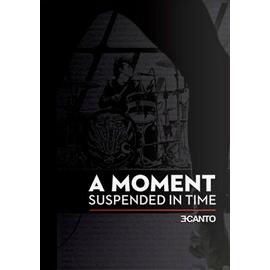- Home
- Lifestyle
- Culture
- Editions BGO
- Bassiste Magazine numéro 103
Bassiste Magazine numéro 103
Réf. BASSISTE 103Made by : Editions BGO Shipping from 1,50 €
Shipping from 1,50 €
 Product made in France
Product made in France
How do you become a bass player that cannot be ignored? How do you become and remain the bassist of a band of Metallica's caliber? How does one become and remain the bassist of P!nk or Gwen Stefani? How does one become one of the most recorded bassists in France (and in the world?)?
The first reflex would be to answer these questions in terms of excellence. You get and keep the job because you are the best, the fastest, the strongest. That's one point of view. However, if you ask Robert Trujillo, Eva Gardner or Thierry Fanfant, nobody will talk to you about technique. The latter is obviously necessary, but one always finds someone stronger than oneself and none of these musicians are among the most virtuoso on the planet. If they got to where they are today, it's through patience, hard work, but above all through encounters and the use of human qualities before technical ones. A good musician is certainly someone who knows how to use his instrument, but above all someone who knows how to listen: listen to what is going on around him, listen with curiosity to all the styles that life puts in his way, listen to what the musicians who are with him on stage and in the studio are playing, and in the end adapt to what the music requires before thinking about his personal performance.
As Eva Gardner says, "If you act like a jerk, no matter how good you are, there will always be a nicer musician who will do the job just as well." Finally, it's a lesson in wisdom that there are often other things to work on after scales or flashy shots. Not that the latter are not useful, but what is the point of working on them if one does not cultivate listening skills or a positive attitude towards the music and its demands, but also towards one's fellow players?
We hope that this new issue will be an opportunity to open you up to other styles, other music and other ways of playing. For this, we have prepared a selection of interviews with top artists, tests of smart and well-designed gear, lessons to get your fingers and ears moving, and also some new and very attractive subscription packages.
Enjoy your reading!
The Editor






